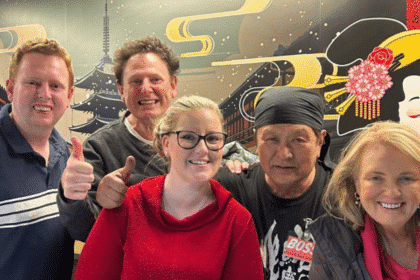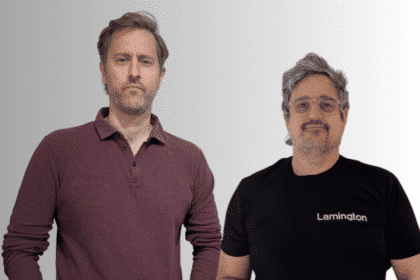Westpac CIO Dave Curran has described artificial intelligence as the next biggest challenge in banking while speaking in Sydney this week at Oracle World.
He said people still think of artificial intelligence as a new technology whereas he says AI is not just a new technology; it’s a capability that has to learn.
“The analogy I use when talking to my senior colleagues within the bank is: it’s like hiring a 17-year-old, a really smart 17-year-old, but still a 17-year-old. You are not going to let them loose on day one. You have to spend a number of years building them and building their skills,” Curran told the audience watching the main stage at Oracle World.
Curran said the big challenge for the business is: how do you hire 17-year-olds and give them time to learn?
“Rather than what we normally do is wait for the technology to be suitably advanced and then we can hire someone who has already learnt. You actually have to start that work now.
“So we’ve got 15 or 16 different initiatives across the bank where we have to put those 17-year-olds to work on top of the data.”
Curran said the AI projects become richer in capability as they learn, but also as the bank brings more of its infrastructure platform online as services with APIs and other things, all of which are housed with Oracle’s cloud platform, the AI programmes are able to link seemingly disparate sets of information.
“Where those two things come together I think that’s where we’re going to see a break through in how we serve our customers in terms of better serving our customers.
“It’s really important that doesn’t necessarily mean how do you sell more to your customers, it’s about how you can better serve your customers and then your customers can make the choice from there,” Curran added.
He also said the banking landscape in relation to disruptor technologies has changed radically in the past five years. Fin-techs and banks used to be at loggerheads, but that’s not the relationship anymore.
“Fin-tech startups can do things quickly banks just can’t do, but by the same token, banks can do things fintechs can’t do as well. We can then work with them to provide a better service to our customers.
“Fin-techs don’t have the business logic we do. They don’t have the capability to handle the regulations. To handle the compliance, to handle the large-scale data and business logic we do. That coming together is a massive change in service to customers as opposed to one is going to take over the other or vice versa, which I think was the conversation of only five years ago.”








